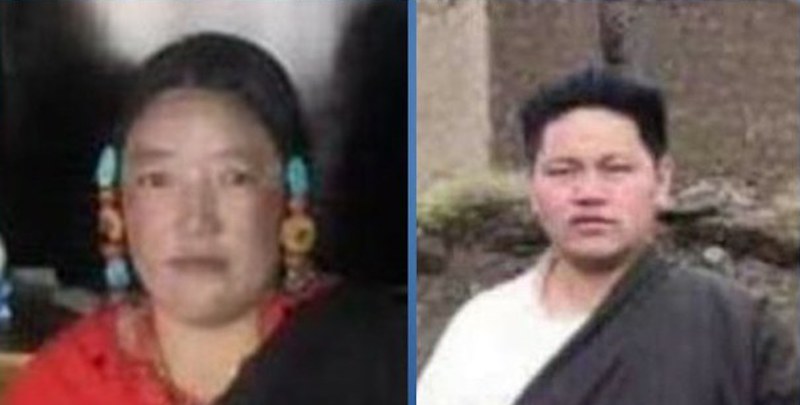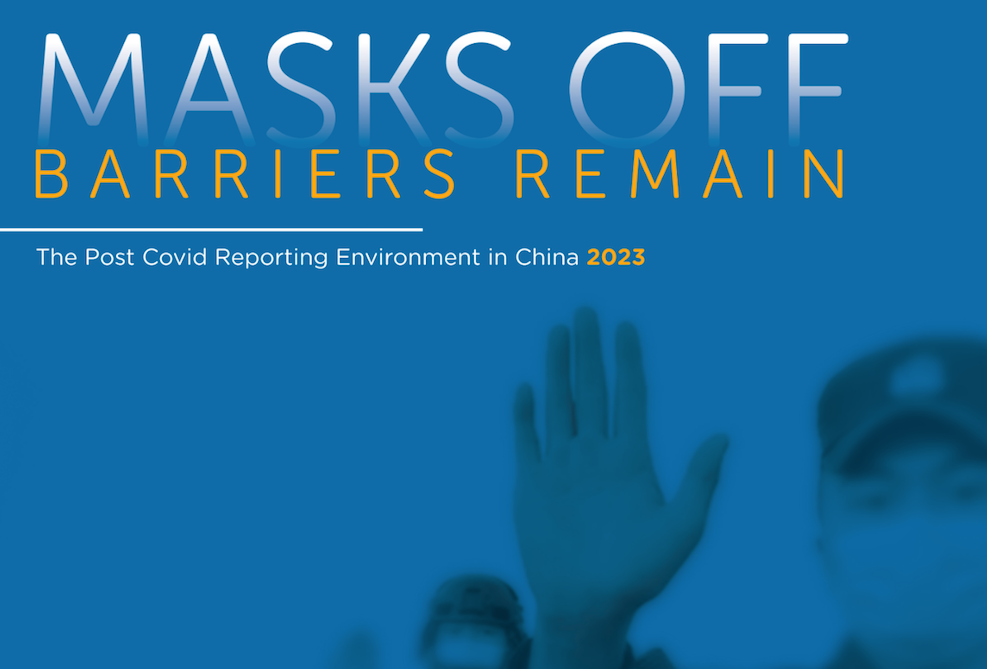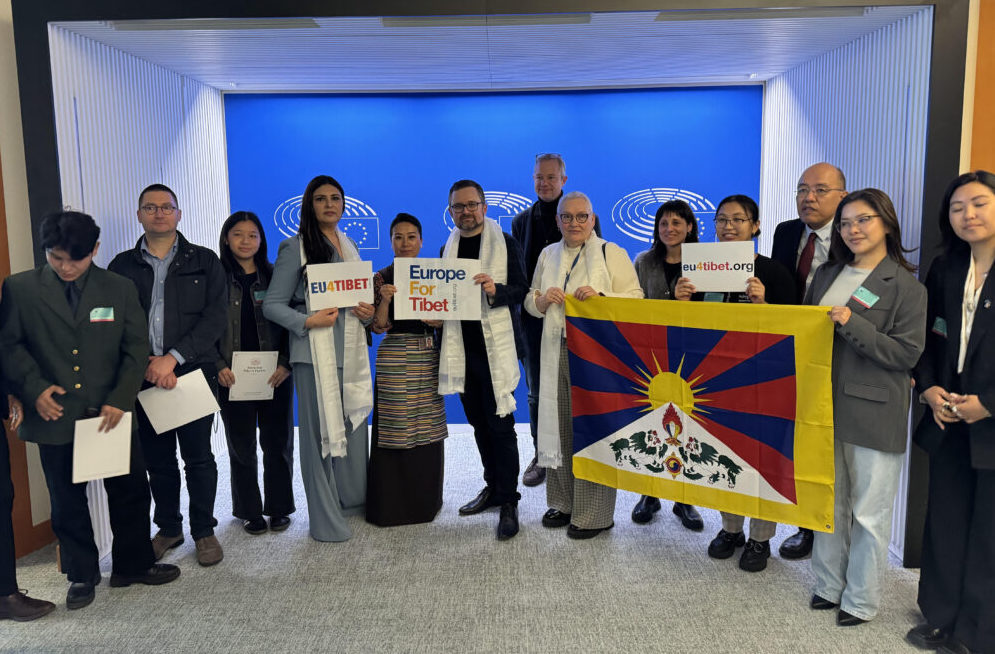By Choekyi Lhamo
DHARAMSHALA, Aug 3: A Tibetan man named Tenzin Tharpa from Driru County in Nagchu, who was being held incommunicado is reportedly serving two and a half years’ sentence for helping local Tibetans send money to their family members and relatives in India. He is scheduled for release in December this year. The Tibetan Centre for Human Rights and Democracy in a report said that Tharpa was sentenced to prison in a secret trial. His family was able to hire a Chinese lawyer but this was not enough to ensure a fair trial for the detained.
A Human Rights Watch report in October 2020 revealed that after Tharpa’s detention, his cousin Lhamo, 36, was taken into custody where she faced torture and ultimately died from the injuries sustained in prison. Chinese authorities are yet to conduct any investigation into her untimely death in August 2020. Both Lhamo and Tharpa were detained on the charges of helping Tibetans send money to relatives in India, a common practice in the community until recently.
According to previous reports, Tharpa, a former monk, was under surveillance by Chinese authorities since 2012 when he along with others was forced out of Larung Gar monastery in the so-called Sichuan province. He also started a Tibetan-medium school for children in Chaktse Township but it was closed down for being “illegal” by local authorities. Since then, he had ventured into a successful Yartsa-Gunbu (caterpillar fungus) business until his arrest. His whereabouts remained unknown until his family hired a Chinese lawyer who was able to learn about his detention at an undisclosed location in Nagchu town.
“The severe government reprisals have pushed many Tibetans toward self-censorship, which has become a mandatory quality of daily life in Tibet including cutting ties with loved ones for one’s own safety. As TCHRD’s 2020 report on censorship and surveillance found, such self-censorship is indicative of a systemic abuse of human rights, to the point that people are afraid to contact their own family even for something as simple as saying hello,” concluded the report, highlighting CCP’s gross indifference to these arbitrary arrests.










